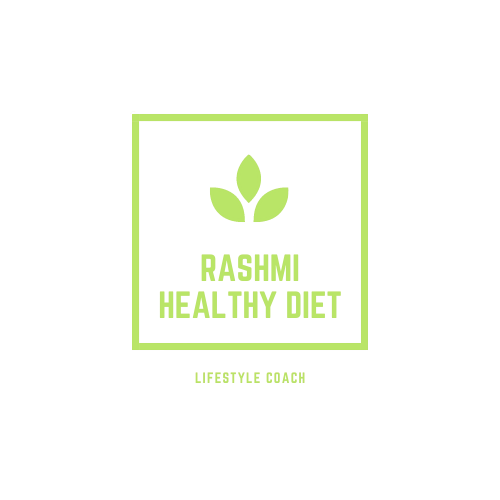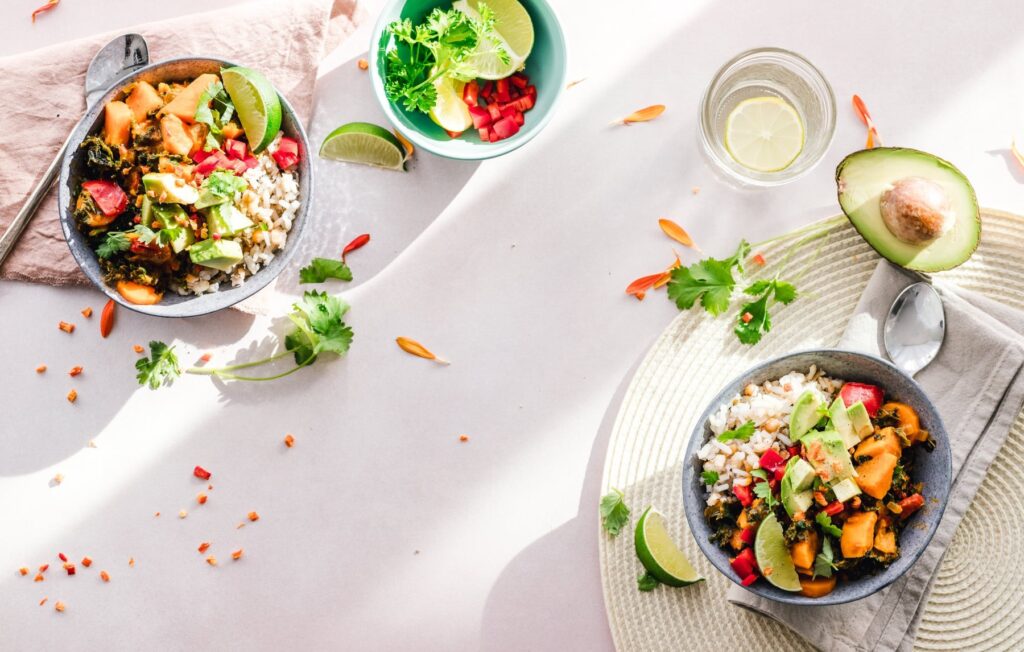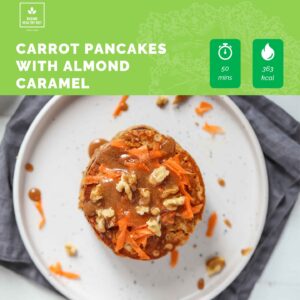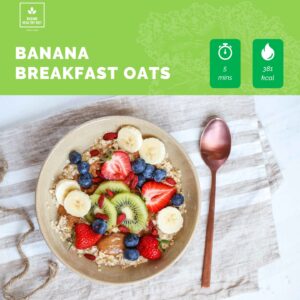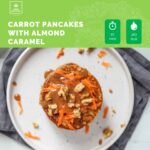Emotional Eating 101
“When I am in trouble, eating is the only thing that consoles me. Indeed, when I am in really great trouble, as anyone who knows me intimately will tell you, I refuse everything except food and drink. At the present moment, I am eating muffins because I am unhappy. Besides, I am particularly fond of muffins.”
-Oscar Wilde.
Who hasn’t seen the obligatory scene in a movie, where the couple has broken up and we find the female protagonist home with a tub of her favorite ice cream. Or you and your family has gone to a celebration banquet to mark some life-changing event. Maybe it was a wedding or a graduation. Emotional eating is such a part of the human condition that it can be seen almost anywhere you look.
Why do people eat their emotions?
The human brain has developed to reward its self for doing things that aid in your survival. That’s why sex feels so good and why a delicious meal leaves you feeling satisfied. In the first instance, you have completed your ultimate evolutionary goal, to procreate. In the second you are rewarded for procuring vital nutrients to make it through another day.
Does everyone emotionally eat?
Emotional eating has its roots in an evolutionary trick to keep you alive. And in fact, it happens to some extent in everyone. A paper in the International Journal of Eating Disorders titled Emotional eating and eating psychopathology among non‐eating‐disordered women drew this same conclusion.
During their study, they took 51 women with no current or past eating disorder. Each completed the Emotional Eating Scale (EES) and the Eating Disorders Inventory (EDI). Although the scores for this population were lower than among binge eaters, they were similar to those found among other clinical groups with eating disorders.
When does emotional eating become a problem?
Emotional eating can become a problem when it becomes your sole coping mechanism. Other things to look out for include:
- The inability to tell the difference between emotional hunger and genuine hunger. That is eating to make yourself feel emotionally satisfied.
- Withdrawal from your support network, your family, and friends.
- Mindless eating. You’ve eaten an entire bag of chips or an entire pint of ice cream without really paying attention or fully enjoying it.
- Feelings of regret, guilt, or shame arise after you have eaten. When you eat to satisfy physical hunger, it is unlikely that you will feel guilty or ashamed. You’re giving your body what it ate. If you feel guilty after you eat, it may be because you’re not eating for nutritional reasons.
What can you do if you find yourself emotionally eating?
- Learn your triggers. The adage, you can’t fix if you don’t know it’s broken, really applies here. Try keeping a food diary. Keep a food diary that records not only what and how much you ate but also how you felt.
Recognizing a pattern allows you to develop a strategy to break it. For instance, if you often eat because you think you deserve it after a tough day, keep in mind you also deserve to feel healthy and be proud of yourself. If you eat because of stress, learn to dial back that stress. Yoga, meditation, and regular exercise can help reduce stress levels.
- Distract yourself. The best distractions from emotional eating are things that take only about five minutes—just long enough to help you switch gears.
- Take away temptation. Keep your fridge clear of comfort foods and junk food. And if you feel angry or blue, postpone your trip to the grocery store until you have your emotions in check.
- Get support. The risk of giving in to emotional eating increases when you don’t have a solid support system. Friends, family, and support groups can all help keep you on track.
Final thoughts?
Emotional eating is a part of life and our culture. For most people, it is fairly innocuous, but if it becomes your sole coping mechanism, this can cause major problems. If it does, try a few of the things I recommended and always reach out to a health care provider or clinician. Stay vigilant by staying mindful and enjoy life.
